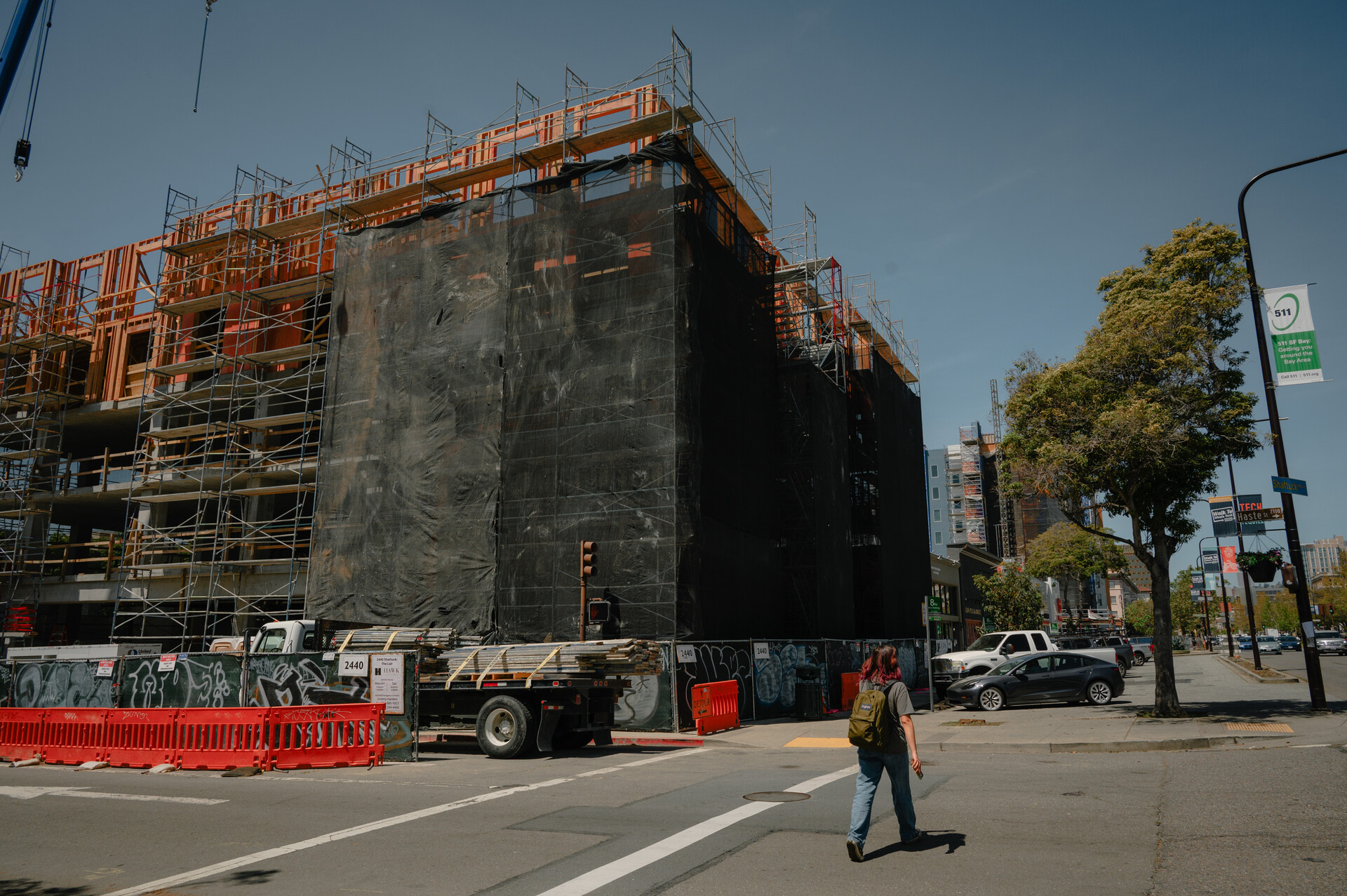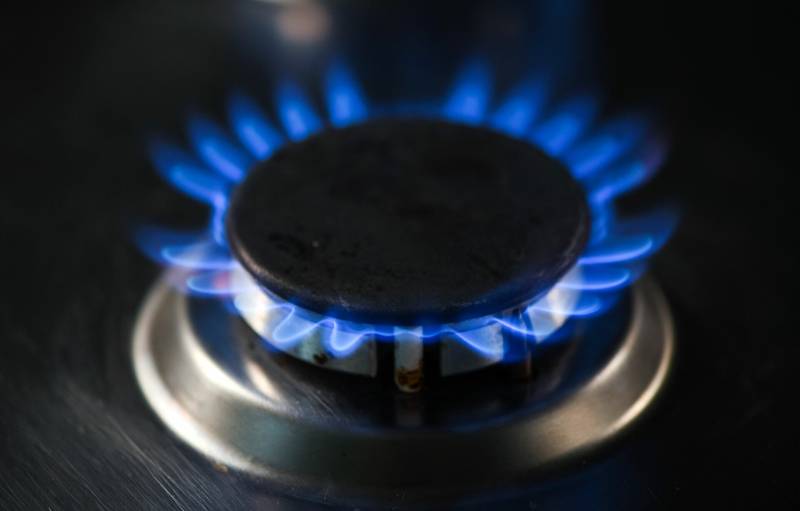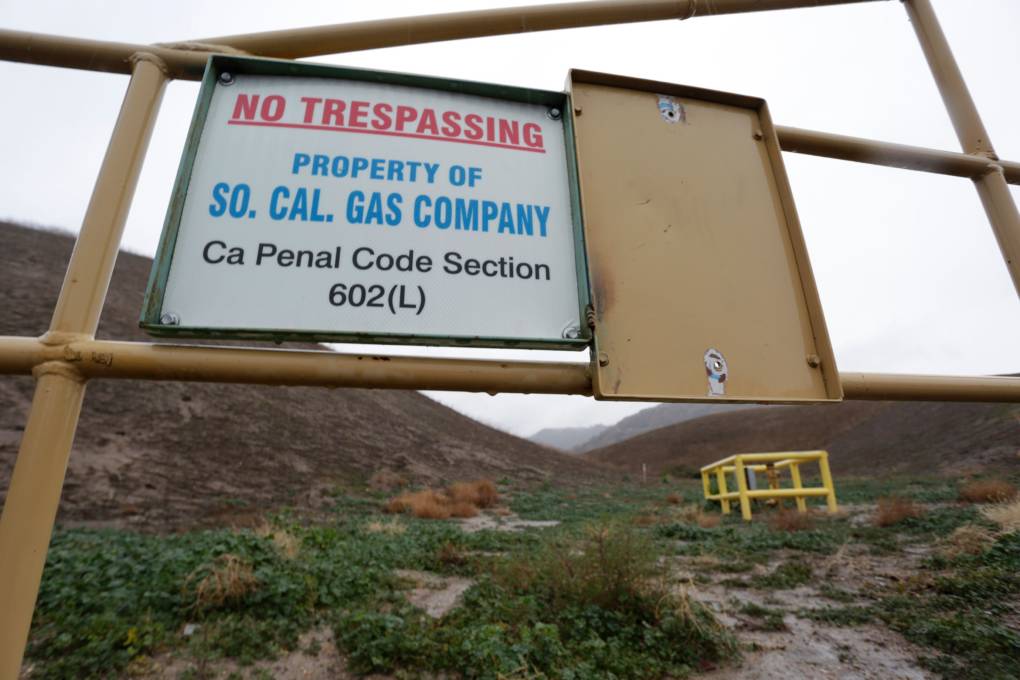SoCalGas, the nation’s largest natural gas utility, initially billed a ratepayer account more than $1 million to support the law firm that successfully challenged Berkeley’s first-in-the-nation law banning gas hookups in new buildings.
In a California Public Utilities Commission filing released last week, the utility admitted it had paid the Redwood City-based law firm Reichman Jorgensen $1.14 million (PDF) in 2021 to address several legal issues, the most specific of which involved investigating the legality of “existing and proposed federal, state and local laws, and other government actions potentially affecting natural gas service,” and determining “whether they might be preempted by federal law.”
SoCalGas claimed in the filing that “these costs do not include legal challenges to local gas bans for new construction,” like the Berkeley case.
But the firm’s attorneys, working on behalf of the California Restaurant Association, a trade group that sued Berkeley over the gas ban, went on to argue that the city’s law was preempted by — or in conflict with — federal law.
A three-judge panel of the 9th U.S. Circuit Court of Appeals agreed and struck down Berkeley’s law, overruling a lower court’s 2021 decision to uphold it.

In response, Berkeley City Council member Kate Harrison, who co-sponsored the 2020 law barring the use of natural gas pipes in most new residential and commercial construction, announced this week she planned to ask the city attorney to request a rehearing of the case before an 11-judge panel of the 9th Circuit.
“I expect we will collectively mount a robust legal defense,” she said at a press conference on Thursday. “We know what this is really about: the dangerous idea that business profits trump local and state governments’ right to protect our community’s health and safety and a habitable climate.”
Harrison insisted the city’s ordinance remains in effect despite the recent ruling — as the court has yet to issue an injunction or stay.


